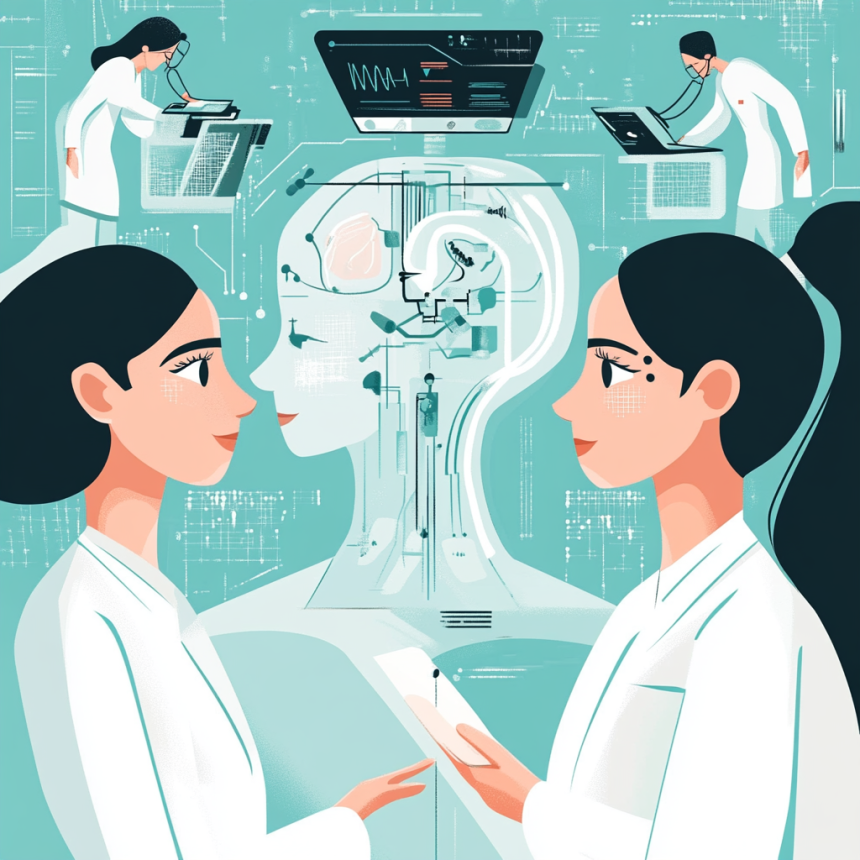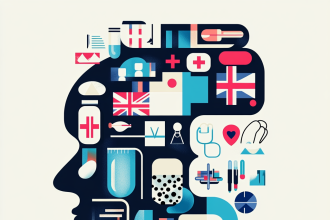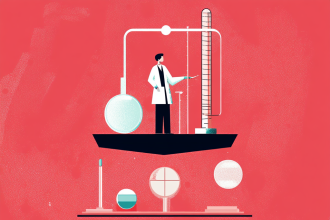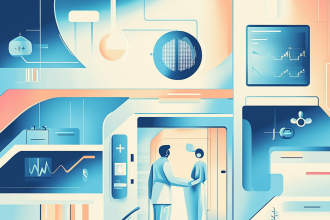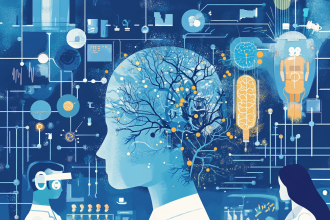As first reported by Medical Xpress, AI is advancing women’s healthcare in groundbreaking ways—from smart sanitary napkins that detect ovarian cancer biomarkers to machine learning models that diagnose endometriosis years earlier than traditional methods. At the recent World Health Expo in Miami, experts described how AI is ushering in a long-overdue transformation in how female-specific conditions are understood and treated. These technologies are already offering more proactive, precise, and personalized care.

Source: worldhealthexpo.com.
Closing diagnostic gaps with data
Historically, women have faced delayed diagnoses for conditions like endometriosis and PCOS, often enduring years of pain or infertility. AI tools are helping change that by analyzing vast datasets—ranging from patient histories to wearables and imaging—to identify risk patterns more quickly and accurately. AI is also making strides in predicting complications in pregnancy, refining IVF treatments, and enhancing breast and cervical cancer screening. A recent study even found that AI could flag high-risk pregnancies weeks before doctors could.
Personalization, access, and inclusion challenges
Smart wearables like the Oura ring and Ava Bracelet are empowering women to track mood changes, fertility, and menopause symptoms, feeding algorithms that offer personalized guidance. However, experts caution that these innovations are only as good as the data they’re built on.

Source: avawomen.com.
AI models trained on limited or biased datasets risk missing signs in underrepresented populations. Dr. Irman Forghani of Mount Sinai Medical Center emphasized the need for more diverse data and greater participation from women in developing these tools to ensure equitable outcomes.
Femtech rises—alongside skepticism
While femtech investment is on the rise, funding remains limited and disproportionately favors male-led ventures. Public opinion also reflects cautious optimism: A Florida survey showed that while 54% of residents are comfortable with AI assisting in diagnoses, fewer support AI-led treatment or medication recommendations. Concerns around algorithmic bias and misinterpretation persist. Experts like Demi Radeva argue that human oversight is still essential to avoid mislabeling or diagnostic errors that machines alone may not catch.
AI is revolutionizing women’s healthcare by accelerating diagnostics, personalizing treatments, and spotlighting long-neglected conditions. However, its promise hinges on inclusive data, diverse leadership, and thoughtful integration with human expertise. As innovation continues, the focus must remain on ensuring these technologies serve all women equitably—delivering smarter, fairer, and more compassionate care.

